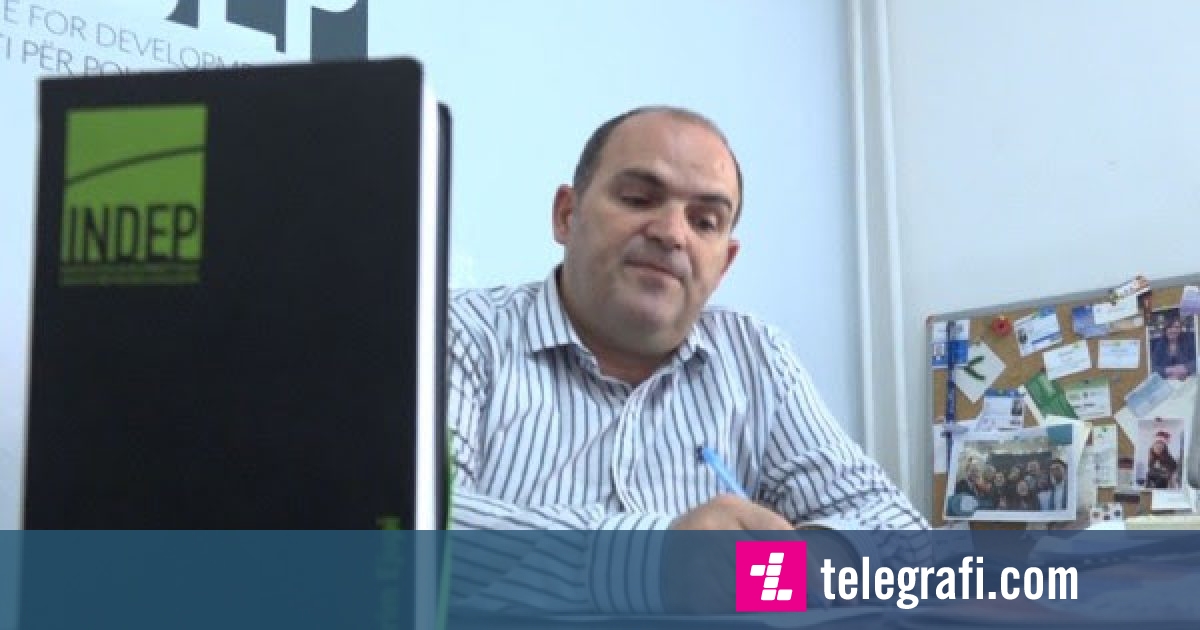For the application of reductions in electricity, civil society, the Chamber of Commerce and Industry, as well as the opposition today severely criticized the Government of Kosovo for mismanagement of the energy crisis and for not acting adequately.
The same asked the executive to urgently take adequate measures to prevent the continuation of power outages, as warned by KEDS 6 hours with electricity and 2 hours without electricity.
Director at the Institute for Development Policy (INDEP) Burim Ejupi emphasizes that Prime Minister Albin Kurti is mainly to blame for the lack of regular electricity supply.
Ejupi tells KosovaPress that the reductions starting today from KEDS are also a result of the announcement of the state of emergency for energy by the Assembly of Kosovo proposed by the executive.
He says that if there was no state of emergency, KEDS-KSCO would not have the right to apply reductions.
"Why do we have reductions now?
This is as a result of the vote in the Assembly of Kosovo for the declaration of the state of energy emergency proposed by the government of Kosovo.
This emergency has also enabled KESCO to have energy reductions depending on the production needs and the policies made by the actors in the energy field.
Today these reductions have already started, who is to blame?
He who is in charge is guilty.
Both the merits and the blame should be taken by those who are in charge of the government, since they have not done anything.
Citizens of Kosovo remain without electricity in the middle of August after 12 years.
Today it took us two hours to close the office because they had electricity.
It is known that most businesses in Kosovo are dependent on regular electricity supply", he says.
Meanwhile, the coordinator at the Chamber of Commerce and Industry in Kosovo, Qendresa Ibrahimi, tells KosovaPress that reductions in electricity in this difficult time for businesses would greatly damage them and the consequences will be the loss of the market as inside and outside the country as well as in the loss of jobs.
Ibrahimi says that the Chamber of Commerce, as it has requested before, requires the Government of Kosovo to take precautionary measures and KEDS to supply 24 hours more electricity to businesses, and to urgently take adequate measures to prevent the continuation of power outages, as warned by KEDS 6 hours with electricity and 2 hours without electricity.
"We consider that it is very harmful for all citizens and in particular for businesses, taking into account the fact that daily production planning and work organization during the day cannot be done while facing such reductions.
We, as a Chamber, have constantly requested in the meetings with the institutions, we have also forwarded letters to Prime Minister Kurti and the Minister of Economy to enable the purchase of electricity from local producers.
This is due to the fact that electricity prices are very high, especially farmers and various investors in our country who have invested in solar panels produce electricity, but they cannot sell it because ERO does not do this. allows, therefore,
The director at the Institute for Development Policy (INDEP), Ejupi, also said that the Government should have implemented the decision for 90 million euros to KESCO.
"It was necessary on the same day that they promised to allocate the funds.
It is the decision one day before the ERO decision, the government has decided to allocate 90 million euros to KESCO.
According to that decision, I expected these funds to go to KESCO the next day.
It is a government decision.
Today, the citizen of Kosovo does not care who is to blame, he cares about the fact that there was no electricity for 2 hours", he says.
Ejupi also said that there is no initiative from the Government for a year about the energy crisis and there is no plan for energy efficiency and its subsidy to mitigate the energy crisis.
While, according to the Ministry of Economy, the responsible institutions that monitor the work of energy supply actors, are taking all the steps for the electricity supply to return to normality.
The Ministry of Economy asks everyone to save as much as possible.
The daily production of KEK is around 507 MWh, while the demand for consumption is up to 750 MWh.
The price on the Hungarian stock exchange (HUPX) is around 430 euros per MWh.
